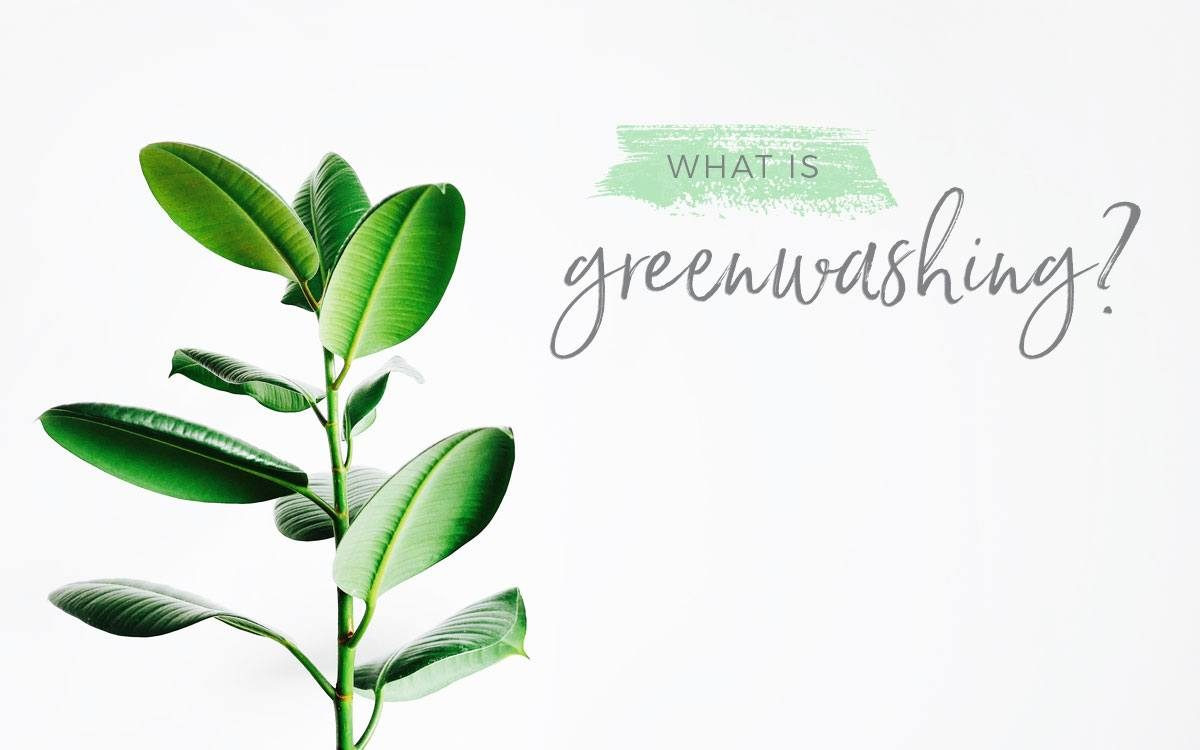
3 Ways to Avoid Greenwashing
16th Jul 2020

Greenwashing is a term used to describe companies or brands who spend more time and money on advertising their environmental credentials than they do on upholding their credentials. This means that they will often say they are 'sustainable' or 'eco-friendly' when they are not. It also means they might use such terms without defining what, exactly, 'sustainable' is. By using 'green' terms without backing them up, you are participating in greenwashing. Greenwashing is widespread and easy to succumb to. Whether it is labelling a plastic cling-wrap 'degradable' when it will actually degrade into smaller pieces of plastic, or labelling a light-bulb 'eco-friendly' with nothing to support that, we have all seen instances of greenwashing in our daily lives.
But why do cafes and other food suppliers need to care? Well, businesses in the food industry can fall into the trap of greenwashing, too. It might be the produce packaging that, like the cling-wrap, will only degrade into micro-plastics, or it might be where you source or how your fish, or it might be describing your takeaway coffee cups as 'green'. We can all accidentally fall victim to greenwashing, which means it is extra important to be vigilant. But how can you avoid greenwashing?
Transparency
By explaining the meaning behind your marketing, you can assure customers that your are not simply claiming green credentials. Transparency between company and consumers is key. This means effective communication. If your tuna is sustainably sourced, tell us in what way. If your coffee cups truly are 'green', then how should a customer dispose of one? By communicating the meaning behind vague terms like 'sustainable' or 'eco-friendly', you can either prove you are not greenwashing – or you might realise that you are, and do something about it.
Certification
To show that your have met certain legal environmental standards, you can become certified, which is the only way to effectively avoid greenwashing. Without certification, though, these claims mean nothing. A company can claim their tuna is sustainably sourced because of a certain arbitrary fishing method – but this may not mean that the tuna truly is sustainable. A certification from the Marine Stewardship Council, however, proves that a company really has done the right thing and makes it very difficult for them to greenwash their way to better environmental credentials. Certifications such as the Forest Stewardship Council or the Climate Active carbon neutral certification enables standards for sustainability to be set, to allow customers to trust the words on a packet.
Awareness
Be aware of the dangers and causes of greenwashing, and you won't fall into its trap. And finally, be aware of the dangers of greenwashing. By being aware, your company is less likely to accidentally claim environmental credentials they don't have. Instead, you can improve your transparency and become certified, and actively do good for the environment.
Read more about greenwashing or BioPak's sustainable seafood packaging on our blog.
Planet Friendly Packaging acknowledges the traditional custodians of the land on which we work. Our thoughts go out to everyone affected by COVID-19. Stay safe.

